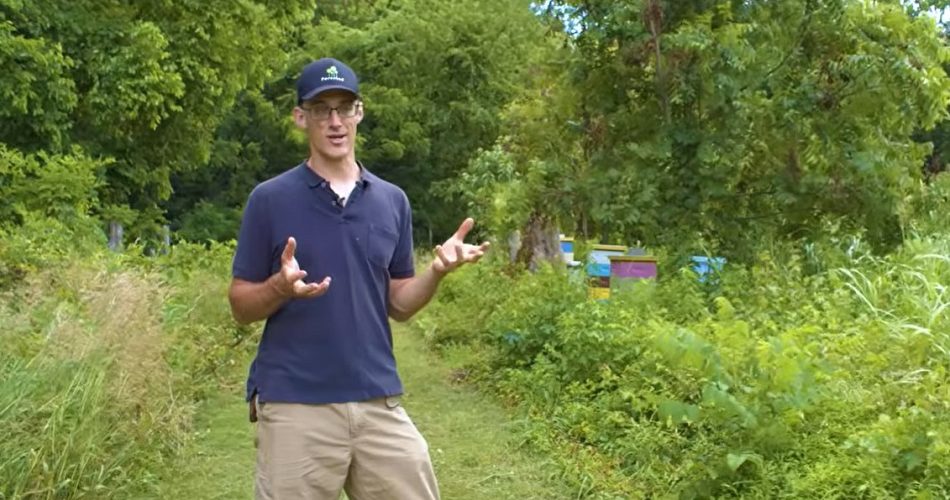The forest is in us, we are in the forest, and we can never leave.

Where and when did our forest fascination start?
We know it’s older than recorded history because the archetype is right there in the world’s oldest known written work of literature, the Sumerian Epic of Gilgamesh, inscribed on tablets dating to 2100BC. Gilgamesh was King of Ur in about 2300BC, and the story told by the tablets is of his quest for answers about life, triggered by the death of his friend Enkidu in the sacred cedar forest realm of the gods.
Even the terminology of written stories seems to have forest roots. “Library” derives from the Latin liber, meaning bark, which was used as a writing material in ancient times. “Book” is widely asserted to derive from the Old English bōc, meaning beech, a tree whose smooth bark makes it particularly suited to inscription. And “tree” comes from the Old English trēow, which also meant “truth”.
The previously oral tradition of folk stories often carried warnings of mortal or moral peril, the latter especially in European fairy tales, and these were often emphasised when they came to be written down. Some of these tales have roots millennia-old, though the written versions we regard as traditional now have been thoroughly scrubbed and curated. The versions published by the Brothers Grimm were a genuine attempt at capturing the form as it was in the 18th and early 19th century, but they were selective, and markedly more Christian than older versions. More recent iterations are often sanitised to the point of being unrecognisable, but the forests are still there.
Perhaps it was around 10,000 years ago, when humans first developed agriculture, that forests began to develop their deeply storied identity. An ability to raise and store crops and livestock brought security, especially in winter, but at a cost. Counter-intuitively, farming is much harder work than hunting and gathering. Cultivation, which across Europe necessitated the felling of forests, also tied communities to a place and gave them very much more to lose. The time where our ancestors belonged to the land was ending: they began to acquire the notion that the newly cleared land and the resources on it might, instead, belong to them. Long hours of hard labour must have impacted on the opportunities for storytelling, and on the function of stories. Perhaps it was then, as the trees became fewer, the forest became the “other” place, the dark place, the once-upon-a-time place. The cutting and clearing, the taming of the land didn’t dislodge the forest from our psyche, they reinforced its place there. And as we took the next step, from field to urban jungle, our roots remained firmly where they always were. The forest is in us, we are in the forest, and we can never leave.



































